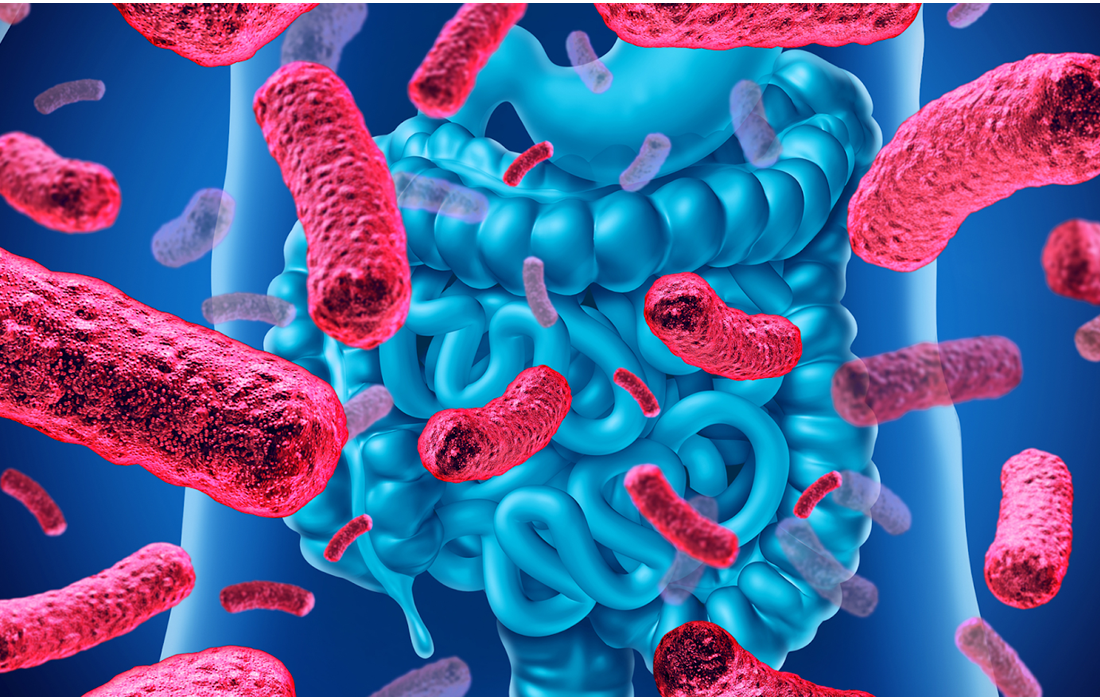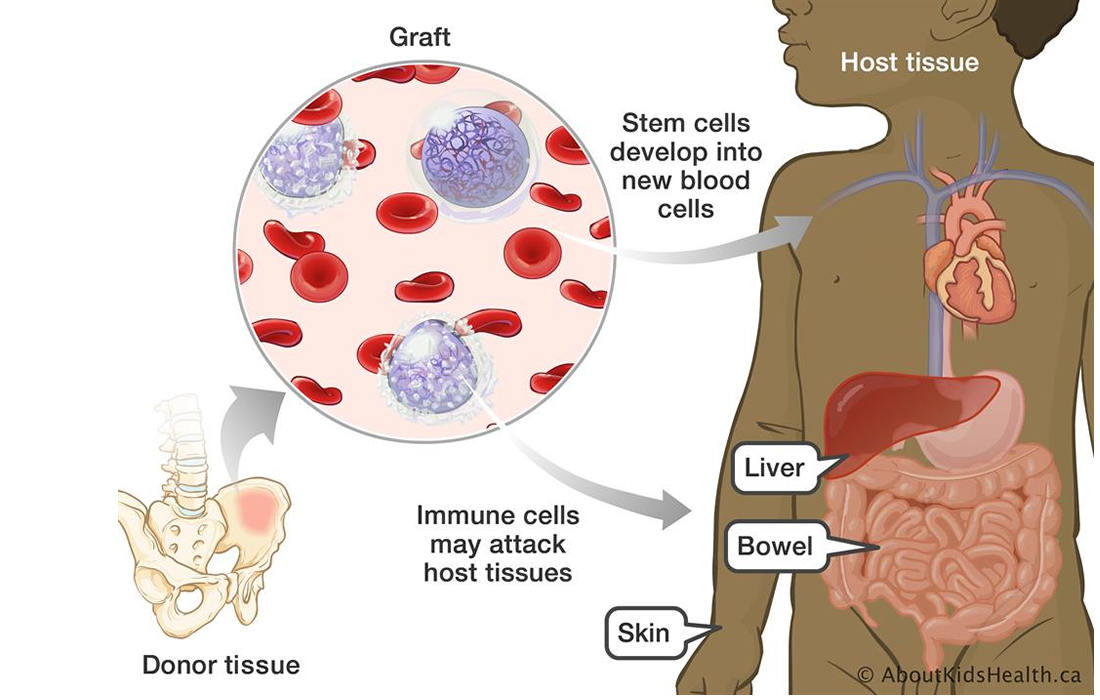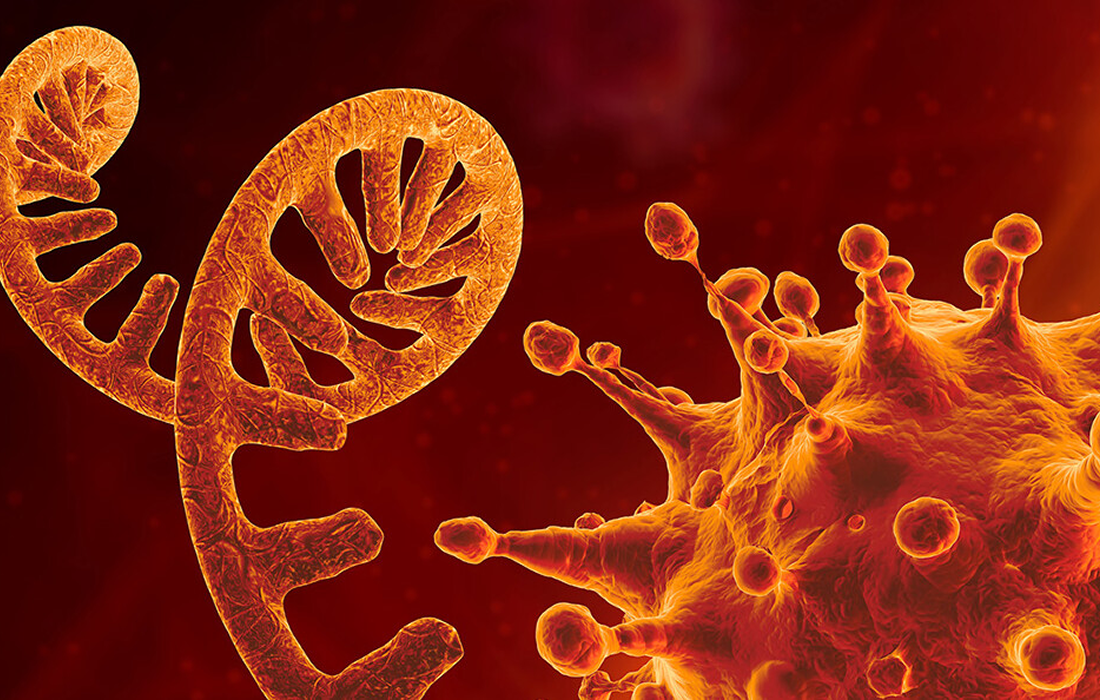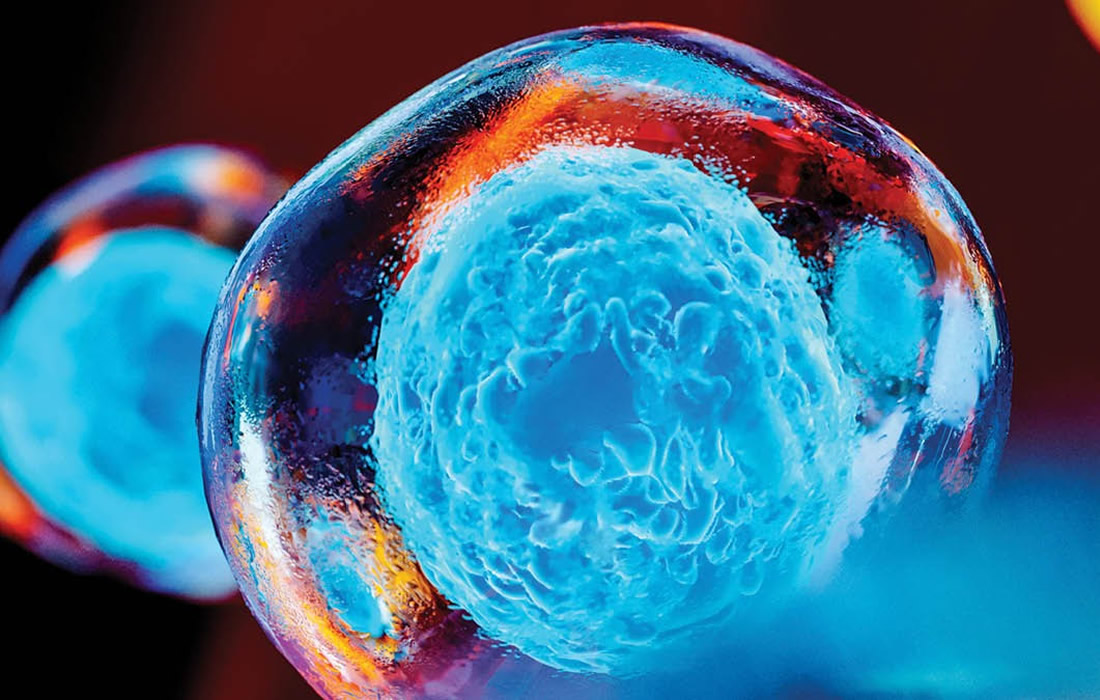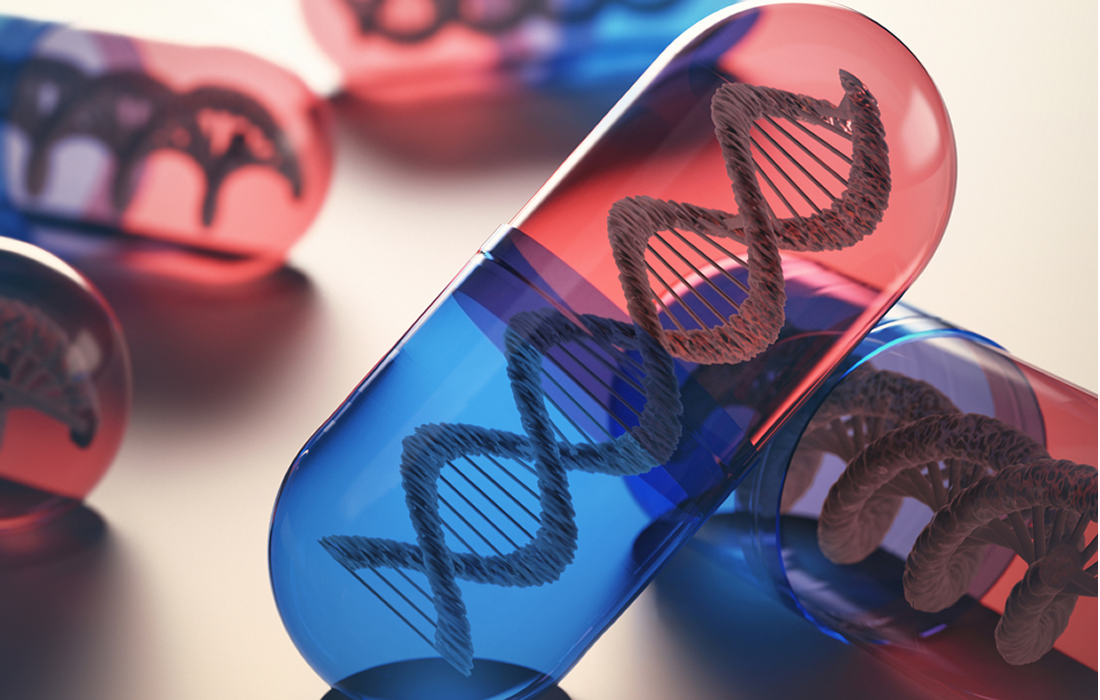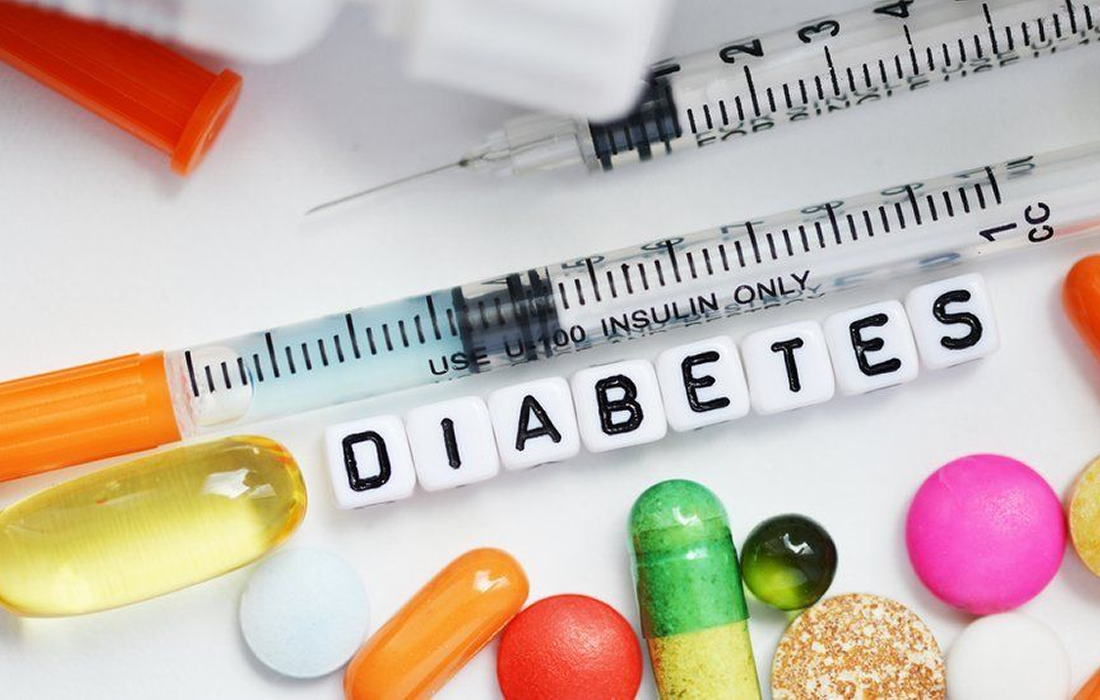Two doctoral students from the Department of Food Science and Technology at the NUS Faculty of Science in Singapore have created probiotic coffee and tea drinks that are packaged with live probiotics. Traditional probiotic carriers like yoghurts and cultured milks are dairy-based products. The rise in veganism, along with common health issues like lactose intolerance, […]
Author Archives: Francisco Fernandez, MD
Malignant stem cells in the gut secrete factors that promote the differentiation of neighboring stem cells, thereby aiding the replacement of normal stem cells by those with cancer-promoting mutations. In recent years there has been growing recognition that the surrounding tissue environment affects the natural selection of these mutation-driven characteristics. The effects of interactions between […]
In two separate studies analyzing different measures of healthy plant food consumption, researchers found that both young adults and postmenopausal women had fewer heart attacks and were less likely to develop cardiovascular disease when they ate more healthy plant foods. Heart disease remains the leading cause of death in the United States. Suboptimal diet is […]
A stem cell drug was approved for market authorization for the first time in history. Prochymal (remestemcel-L) is also the first drug approved for the treatment of acute graft vs host disease (GvHD) in children. GvHD is a devastating complication of bone marrow transplantation that kills almost 80% of all affected children, many of which […]
Scientists and clinicians have been trying to understand why some people develop severe COVID-19 whereas others barely show any symptoms since the pandemic started. Some risk factors such as age and underlying medical conditions have been identified; however, variations in the human genome are less investigated sources of variability. Scientists knew that human genetic variants […]
A transplanted stem cell’s engagement with a pathologic niche is the first step in its restoration of homeostasis to that site. Inflammatory chemokines are constitutively produced in such a niche; their binding to receptors on the stem cells helps direct the cell’s pathotropism (attraction of drugs or in this case cells toward diseased structures). Neural […]
Worldwide, the number of patients with diabetes is increasing in both developed and developing countries. Diabetic patients are at increased risk for classical micro- and macrovascular diseases as well as nonclassical diseases, such as dementia, malignancy and fragility fracture, which affect both quality of life and life expectancy. Recent advances in therapeutics (such as sodium-glucose […]
Researchers in the United Kingdom have confirmed that a stem cell transplant has cured a second person of HIV. In 2007, Timothy Ray Brown became the first person ever whom doctors declared to be cured of HIV. At the time, they referred to him as the Berlin patient. After his diagnosis in the 1990s, he […]
Since its initial use in China over 4000 years ago tea has become one of the most commonly consumed beverages worldwide, second only to water. The leaves of the evergreen species Camellia sinensis are used to make the most prevalent caffeinated teas. Since they are produced from the same plant, the differences between tea varieties […]
In type 1 diabetes (T1D), autoimmune destruction of pancreatic islet b cells reduces an individual’s ability to regulate blood glucose, ultimately resulting in poor blood circulation, heart disease, stroke, infection, kidney failure and often premature death. Every day millions of patients with T1D receive insulin injections to survive, but these injections do nothing to address […]

